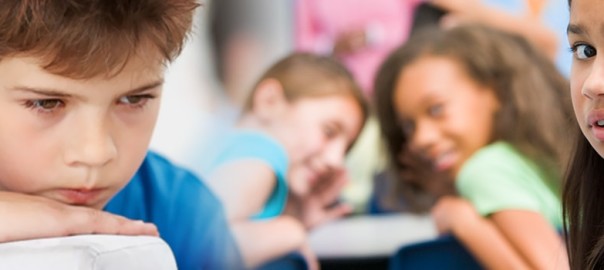Our Services
Attention-deficit and Disruptive Behaviour Disorders
Attention-Deficit Hyperactivity Disorder (ADHD) is the most common problem of childhood disorders. It is a problem with inattentiveness, over-activity, impulsivity, or a combination. For these problems to be diagnosed as ADHD, they must be out of the normal range for a child’s age and development.
The symptoms of ADHD fall into three groups:
- Lack of attention (inattentiveness)
- Hyperactivity
- Impulsive behaviour (impulsivity)
Some children with ADHD primarily have the inattentive type. Others may have a combination of types. Those with the inattentive type are less disruptive and are more likely to not be diagnosed with ADHD.
Inattentive symptoms:
- Fails to give close attention to details or makes careless mistakes in schoolwork
- Has difficulty keeping attention during tasks or play
- Does not seem to listen when spoken to directly
- Does not follow through on instructions and fails to finish schoolwork, chores, or duties in the workplace
- Has difficulty organizing tasks and activities
- Avoids or dislikes tasks that require sustained mental effort (such as schoolwork)
- Often loses toys, assignments, pencils, books, or tools needed for tasks or activities
- Is easily distracted
- Is often forgetful in daily activities
Hyperactivity symptoms:
- Fidgets with hands or feet or squirms in seat
- Leaves seat when remaining seated is expected
- Runs about or climbs in inappropriate situations
- Has difficulty playing quietly
- Is often “on the go,” acts as if “driven by a motor,” talks excessively
Impulsivity symptoms:
- Blurts out answers before questions have been completed
- Has difficulty awaiting turn
- Interrupts or intrudes on others (butts into conversations or games)
Treatment:
Treating ADHD is a partnership between the health care provider, parents or caregivers, and the child. For therapy to succeed, it is important to:
- Set specific, appropriate target goals to guide therapy.
- Start medication and behaviour therapy.
- Follow-up regularly with the doctor to check on goals, results, and any side effects of medications. During these check-ups, information should be gathered from parents, teachers, and the child.
MEDICATIONS:
A combination of medication and behavioural treatment works best. There are several different types of ADHD medications that may be used alone or in combination.
Psycho-stimulants (also known as stimulants) are the most commonly used ADHD drugs. Although these drugs are called stimulants, they actually have a calming effect on people with ADHD.
PSYCHOTHERAPY:
Talk therapy (Behaviour Therapy) for both the child and family can help everyone understand and gain control of the stressful feelings related to ADHD.
Parents should use a system of rewards and consequences to help guide their child’s behaviour. It is important to learn to handle disruptive behaviours. Support groups can help you connect with others who have similar problems.







